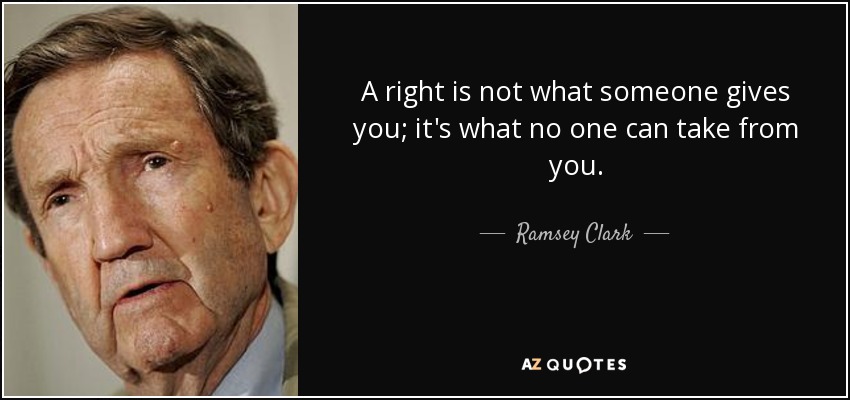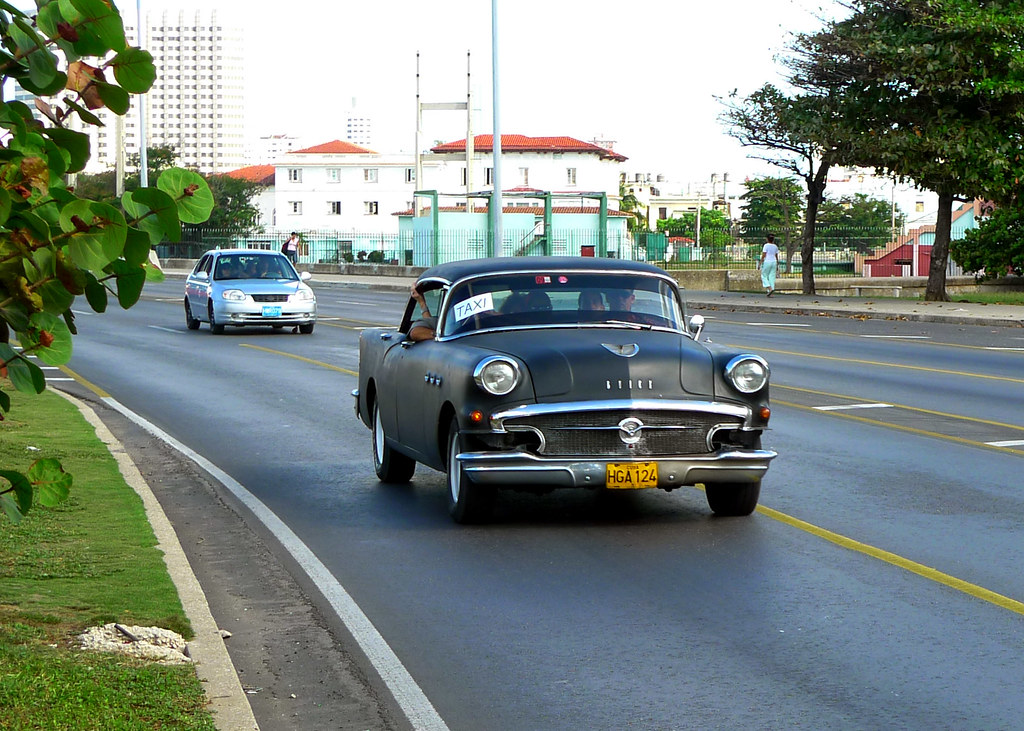
By Ricardo Alarcón de Quesada
On December 17, by freeing the five Cubans imprisoned for more than 16 years in the United States, President Barack Obama put an end to an excessively prolonged injustice and, at the same time, gave a change of direction to history.
By recognizing the failure of the anti-Cuban policy, restoring diplomatic relations, abolishing all restrictions within his reach, proposing the complete lifting of the blockade and the beginning of a new era in relations with Cuba –all in one speech– he broke all predictions and surprised everyone, including the brainiest analysts.
The hostile policy established by President Dwight Eisenhower(1953-1961), before the current President was born, was the rule applied–only with secondary sharing s– by Republican and Democratic administrations alike. It was eventually codified in the Helms-Burton Act, signed by Bill Clinton in 1996.
In the early years they practiced it quite successfully. In 1959, at the triumph of the Cuban Revolution, the US was at the zenith of its power and exercised unchallenged hegemony over much of the world and especially the Western Hemisphere. This allowed it to secure the exclusion of Cuba from the Organization of American States (OAS) and granting the almost total isolation of the island. Cuba could count only with the help of the Soviet Union and its partners in the Council for Mutual Economic Assistance (CMEA), formed by the Warsaw Pact countries.
The collapse of “real socialism” created in many the illusion that this would bring the end of the Cuban revolution.
They anticipated the advent of a long period of “uni-polar” dominance. Drunk with victory, they failed to assess correctly the depth of what was happening: the end of the Cold War opened up new spaces for social struggle, and presented capitalism with increasingly difficult challenges.
The fall of the Berlin Wall prevented them from seeing that, at the same time, in February 1989, Venezuela was shaken by a social uprising called “el Caracazo“, a sign indicating the start of new era in Latin America.
Cuba managed to survive the demise of its former allies and its resistance was instrumental in the profound transformation of the continent. Years ago it became obvious that the policy designed to isolate Cuba was a failure. Such a policy ended up isolating the United States as its current Secretary of State, John Kerry, has recognized.
A new relationship with Cuba was indispensable for Washington. It needed to rebuild its ties with a continent that is no longer in its backyard. Achieving this is crucial now because, despite its power, the US cannot exercise the comfortable leadership it had had in times gone by.
There is still much to achieve with this new relationship. First of all, it is necessary to completely eliminate the economic, commercial and financial blockade as demanded with renewed vigor by important sectors of US business.
But normalizing relations would especially imply learning to live with the differences, and abandoning old dreams of domination. It would mean respecting the sovereign equality of states, a fundamental principle of the United Nations Charter, which, as history shows, is not liked by the powerful.
Regarding the release of the five Cuban prisoners, all US presidents without exception, have widely used the powers exclusively granted to them by Article II, Section 2, Paragraph 1 of the Constitution. This has been so for more than two centuries without anything or anyone being able to limit them.
This constitutional paragraph empowers the President to suspend the enforcement of sentences and grant pardons in cases of alleged crimes against the United States.
In the case of the Five there were more than enough reasons for executive clemency. In 2005, the panel of judges in the Court of Appeals quashed the process against them –defining it as “a perfect storm of prejudice and hostility”– and ordered a new trial.
In 2009, the full meeting of the same Court found that this case had nothing to do with espionage or the national security of the United States. Both verdicts were adopted with unanimity.
Regarding the other main charge of “conspiracy to commit murder”, made only against Gerardo Hernandez, his accusers acknowledged that it was impossible to prove this slander. They even tried to withdraw the accusation in May 2001 in an unprecedented action, taken by none other than the prosecutors under President George W. Bush (2001-2009).
For five years, Hernández had been expecting some response from the Miami court. He had made repeated requests for the court to release him, or review his case, or order the government to present the “evidence” used to convict him, or agree to hear him, or ask the government to reveal the magnitude and scope of the official financing of the massive media campaign that had created the “perfect storm”.
The Court never responded. Nothing was said by the mainstream media about the unusual legal paralysis. It was obvious that this was a political case and could only be resolved by a political decision. No one but the president could do it.
Obama showed wisdom and determination when, instead of just using his power to release any person, he courageously faced the underlying problem. The saga of the five was the result of an aggressive strategy and the wisest thing was to end both at the same time.
Nobody can ignore the significance of what was announced on 17 December. It would be wrong, however, to ignore the fact that there is still a road to travel that can be long and tortuous. It will be necessary to move forward with strength and wisdom.
A CubaNews translation. Edited by Walter Lippmann.
http://www.walterlippmann.com/docs4281.html









